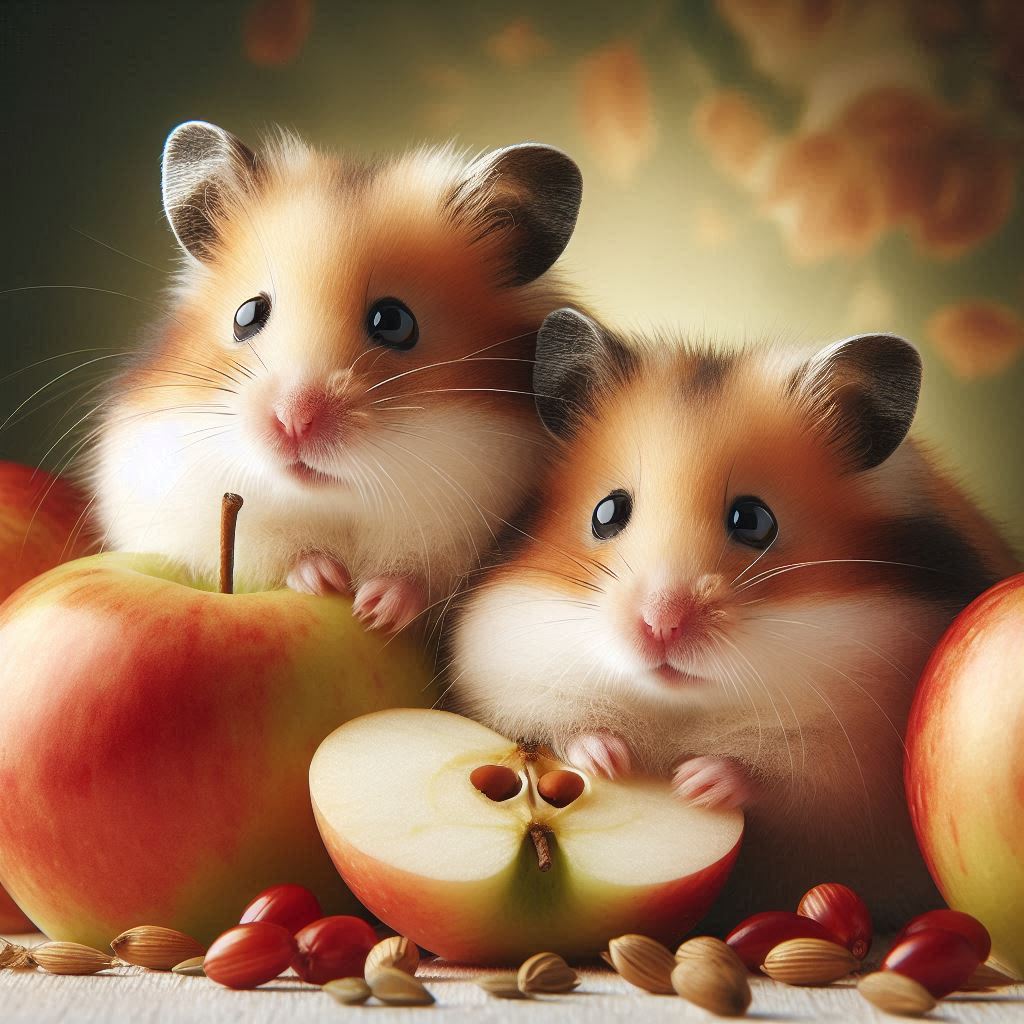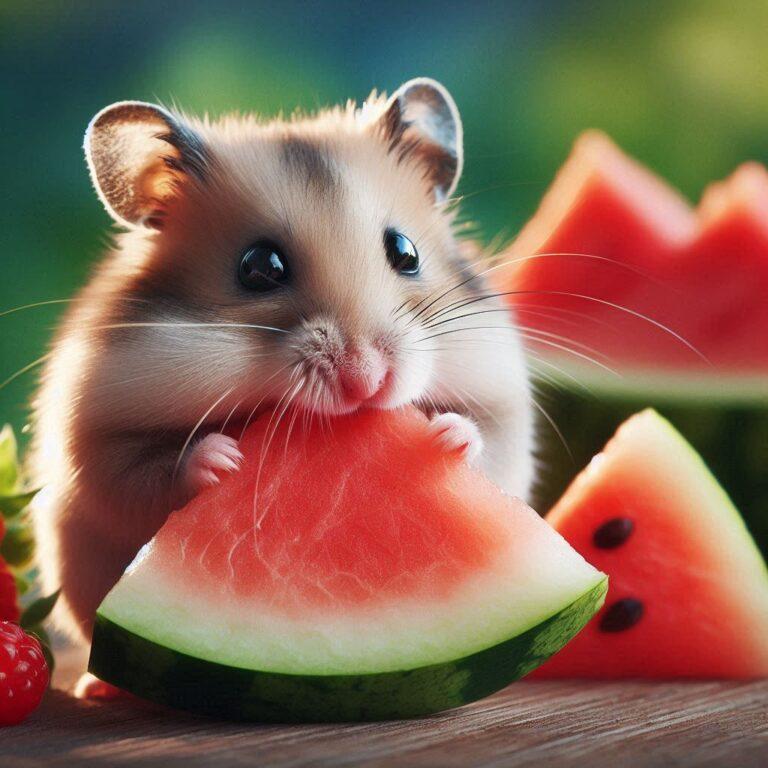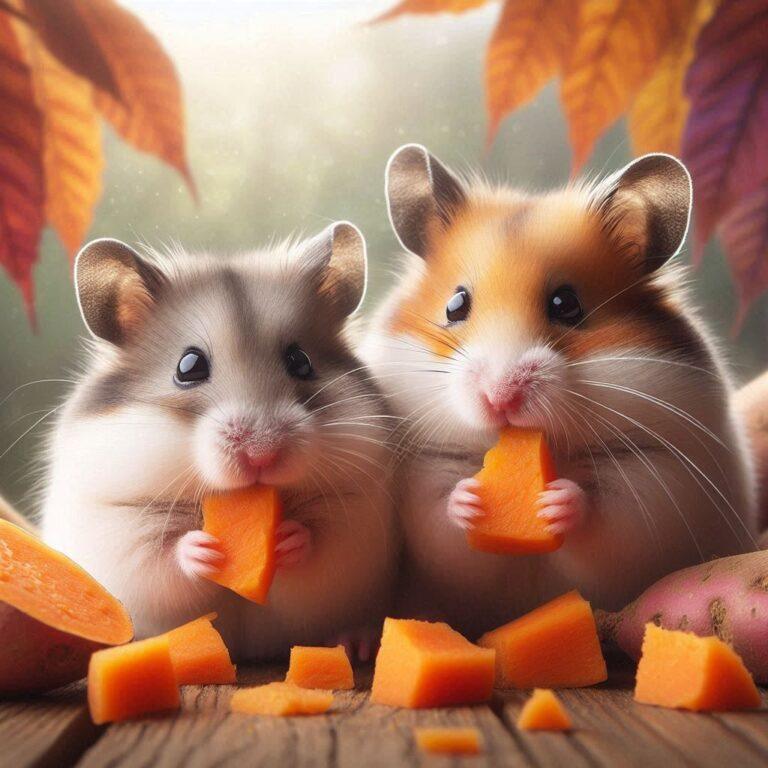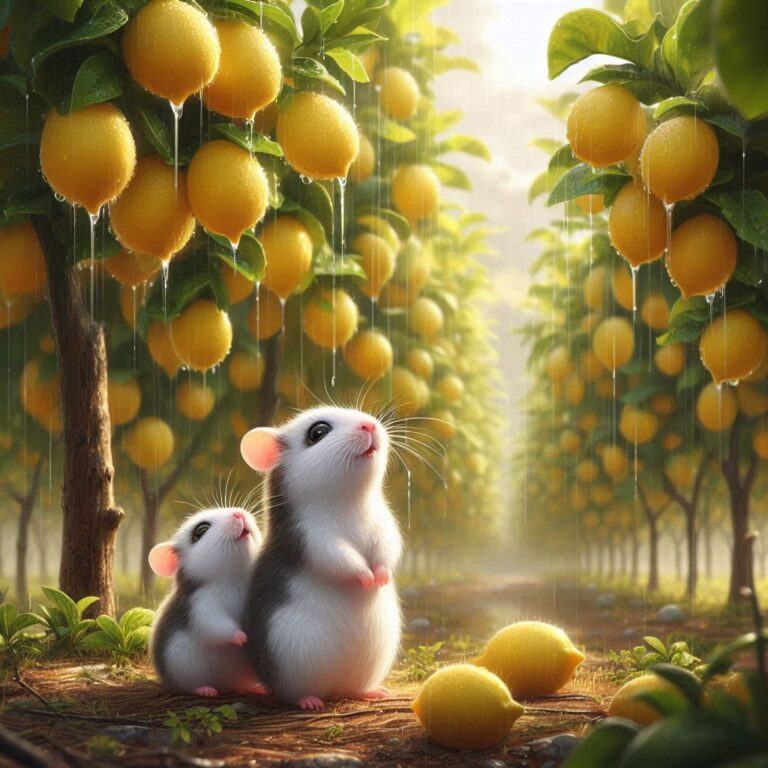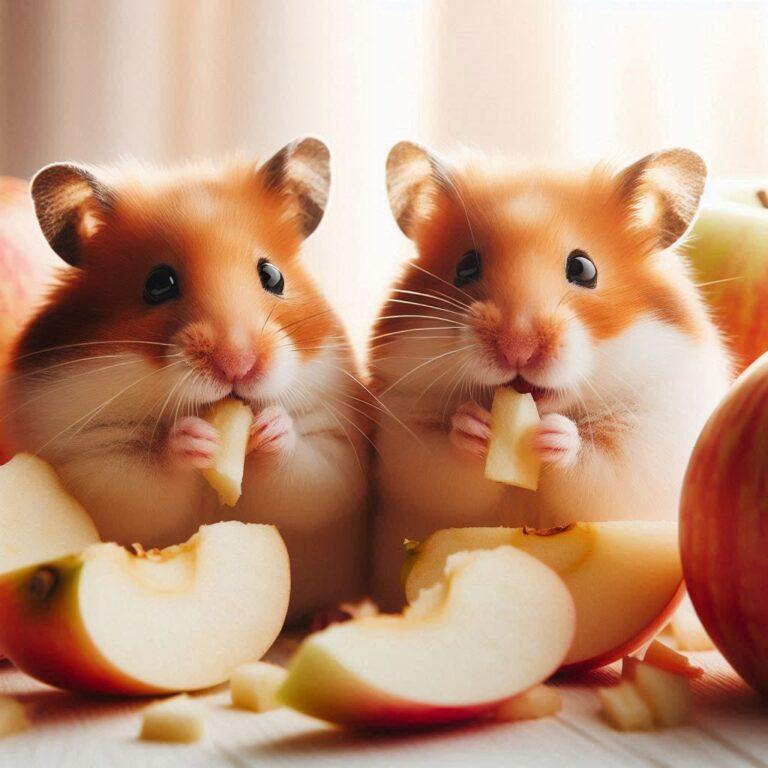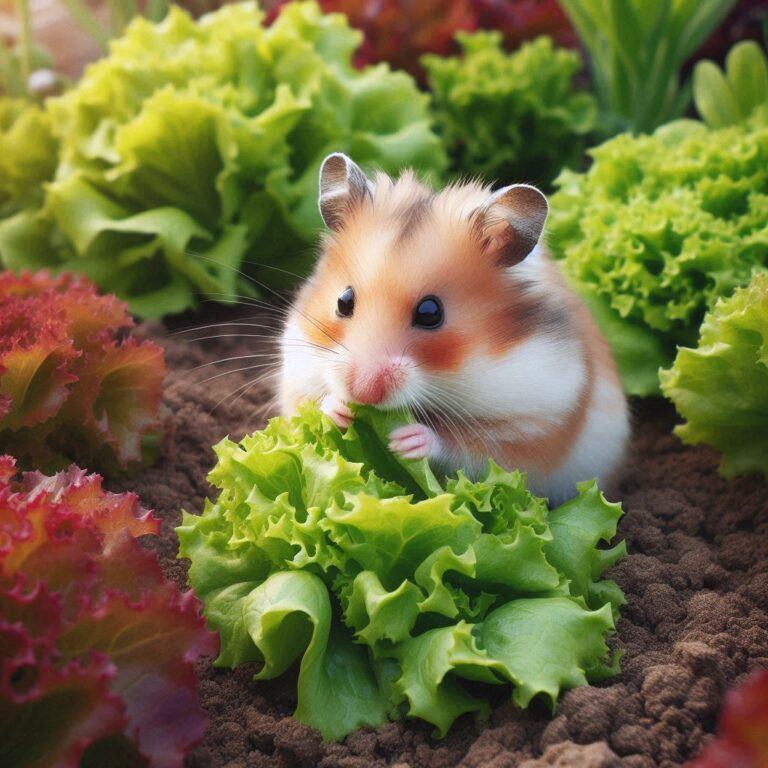Can Hamsters Safely Eat Apple Seeds
Should hamsters eat apple seeds? I must emphasize a firm NO. While apples can be a nutritious treat for hamsters, their seeds are off-limits. Apple seeds contain amygdalin, a compound that releases cyanide when digested.
Due to their tiny size and specific dietary needs, hamsters are particularly vulnerable to this toxic substance.
Now, you might wonder just how serious a few tiny seeds can be. It’s worth noting that the digestive system of a hamster is not designed to process compounds found in apple seeds.
What might be a trace amount for us could be lethal for them. It’s a matter of scale and biology. As responsible pet owners, it’s crucial to understand this to prevent unfortunate incidents.
So, what can you offer instead of apple seeds? Thankfully, there are a plethora of safe alternatives that can keep your hamster healthy and content without risking their well-being.
It’s important to research and offer appropriate treats, always considering the unique needs of these small pets.
Why Apple Seeds Are Harmful
Hamsters absolutely should not eat apple seeds. Why, you ask? Apple seeds contain amygdalin, a compound that converts into hydrogen cyanide when metabolized.
Cyanide, even in minuscule amounts, is deadly. It’s a potent poison that disrupts vital cellular processes.
The bodies of small animals, including hamsters, handle toxins differently from humans. For a hamster, a tiny dose of cyanide that might be negligible for us can be fatal.
With their rapid metabolism and tiny organs, the margin of safety is frighteningly small.
Humans can process and eliminate certain amounts of toxins without harm, thanks to larger body sizes and more complex detoxification systems.
Hamsters, however, do not possess the same physiological machinery and therefore are at much greater risk when it comes to cyanide exposure. What’s a mere hint of poison to a human can overload a hamster’s system.
Reports from veterinarians and studies on the effects of cyanide in smaller animals underscore the dangers of such substances.
Cyanide can quickly lead to respiratory failure, seizures, and cardiac arrest in hamsters.
As responsible pet owners, we need to prevent accidental ingestion of harmful substances. It’s crucial to know what foods are safe and which can pose hidden dangers.
When feeding my hamsters apples, I always make sure to remove all seeds and core the fruit completely to eliminate the risk.
Safe and Nutritious Alternative Treats for Hamsters
You now understand why apple seeds are off-limits for hamsters. So, what can we safely share with our furry friends to keep them healthy and satisfied?
There are plenty of options that are not only safe but will also contribute positively to our pet’s diet.
Veterinarians recommend a variety of treats like small pieces of fruits such as apples (minus the seeds, of course), berries, and vegetables like carrots and broccoli.
These should be given in moderation to prevent digestive issues and ensure a balanced diet.
When introducing any new food to your hamster, do it gradually. Offer tiny amounts to start and observe any changes in behavior or digestion.
Just like humans, hamsters can have food preferences and intolerances.
Consistently provide your hamster with a diverse range of food. A diet that includes high-quality pellets, fresh fruit, vegetables, and occasional treats is ideal.
This variety ensures they receive essential vitamins and minerals, which are vital for their well-being.
Finally, always watch for adverse reactions whenever you introduce new elements to their diet, such as changes in energy levels, appetite, or bathroom habits.
Keeping a close eye on your pet will help you determine what works best for their unique system.

